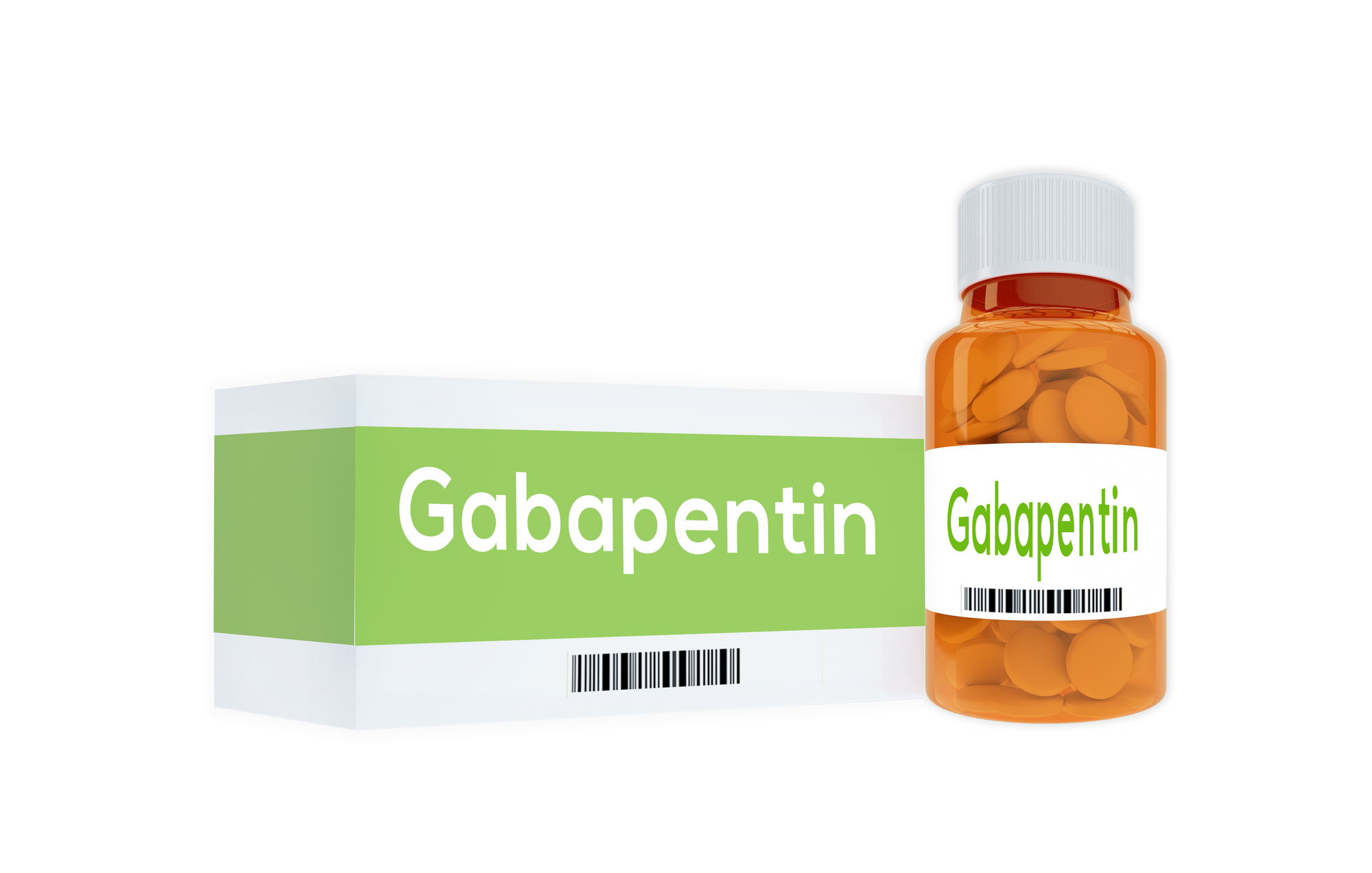Understanding Gabapentin's Impact: Seven Side Effects In Your Elderly Loved One

Gabapentin, a medication commonly prescribed to manage various neurological conditions such as neuropathic pain and seizures, can have notable side effects, particularly in the elderly population. As our loved ones age, their bodies may respond differently to medications, necessitating a deeper understanding of gabapentin side effects in the elderly. In this article, we'll explore seven side effects of gabapentin that your elderly loved one may encounter. Understanding these effects empowers you to advocate for your loved one's well-being within their retirement community.
Memory Loss
Gabapentin can sometimes cause memory loss in the elderly. While this side effect isn't universal, monitoring your loved one for any signs of forgetfulness or confusion is essential. If you notice these symptoms, consult with their healthcare team to evaluate whether gabapentin could be contributing to these cognitive changes.
Dizziness
Another common side effect of gabapentin in the elderly is dizziness. This sensation of lightheadedness or unsteadiness can increase the risk of falls, which can be particularly concerning for older adults. If your loved one experiences dizziness while taking gabapentin, ensure they have support when walking or moving around their retirement community.
Fatigue
Fatigue is a prevalent side effect of gabapentin, which can impact an elderly individual's energy levels and daily activities. If your loved one seems unusually tired or lacks motivation, gabapentin may be a contributing factor. Encourage open communication with their healthcare team to explore potential solutions or adjustments to their medication regimen.
Balance Issues
In addition to dizziness, gabapentin can also affect balance in the elderly. This side effect increases the risk of falls and injuries, emphasizing the importance of proactive measures to ensure your loved one's safety within their retirement community. Consider discussing alternative medication options or lifestyle modifications with their healthcare team to mitigate this risk.
Nausea And Vomiting
Some elderly individuals may experience nausea and vomiting as side effects of gabapentin. These gastrointestinal symptoms can be distressing and impact your loved one's overall well-being. If persistent, consult with their healthcare team to determine the best course of action, which may include adjusting the dosage or exploring alternative medications.
Changes In Mood
Gabapentin can occasionally lead to changes in mood or behavior in the elderly. Your loved one may exhibit symptoms such as irritability, agitation, or depression. It's crucial to address these changes promptly by involving their healthcare team to ensure appropriate management and support.
Decreased Appetite
Lastly, gabapentin can cause a decrease in appetite, leading to unintended weight loss or nutritional deficiencies in the elderly. Monitoring your loved one's eating habits and discussing any concerns with their healthcare team can help address this side effect and prevent potential complications.
Understanding the potential side effects of gabapentin is crucial for safeguarding the well-being of your elderly loved one within their retirement community. By promptly recognizing and addressing these effects, you play a pivotal role in advocating for their health and quality of life. It's imperative to maintain open communication with the healthcare team to collaboratively explore suitable solutions or adjustments as needed, ensuring optimal care and comfort for your loved one. Proactively monitoring their response to medication fosters a supportive environment where their needs are prioritized, promoting their overall well-being and enhancing their retirement community experience.
